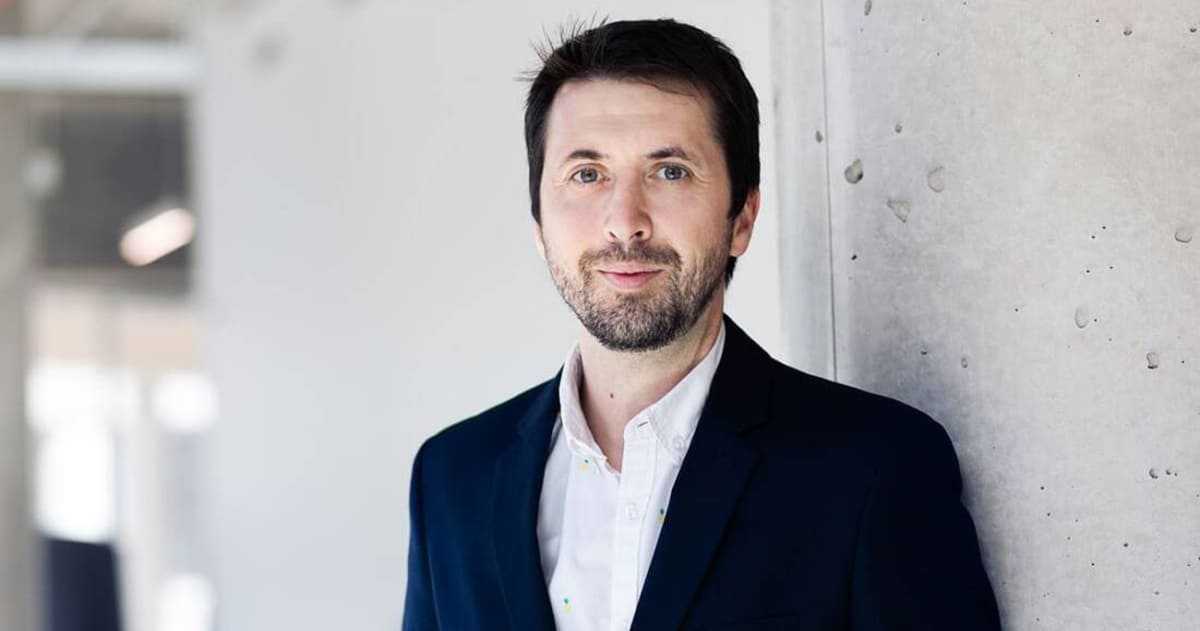
Reducing our dependence on fossil fuels requires innovation in the field of biofuels. These are a key transitional solution, particularly in sectors that are difficult to electrify, such as aviation, maritime transport, and heavy industries. Furthermore, electricity, often presented as the ideal solution, is not accessible everywhere in the world and is not always produced from renewable sources.
In this context, biofuels offer a complimentary solution: by using renewable resources (e.g., agricultural or forestry residues), they not only enable waste recycling but also limit net greenhouse gas emissions, since biomass captures CO₂ as it expands. They can also be integrated into existing infrastructure, sometimes without requiring substantial engine modifications. This is the focus of research conducted by Romain Lemaire, professor at ÉTS. Professor Lemaire has been studying processes for converting biomass into more sustainable energy sources for over 15 years.
Since his PhD thesis, the researcher has been studying the effects of motor fuels and their additives—ethanol in gasoline or vegetable oil methyl esters in diesel—on soot particle formation and their toxic aromatic precursors, polycyclic aromatic hydrocarbons (PAHs). The carcinogenic molecules are adsorbed onto the surface of fine particles emitted by exhaust pipes. These particles can penetrate deep into the lungs and promote the development of serious diseases. To study them, Professor Lemaire has perfected optical measurement techniques, including laser-induced incandescence, a diagnostic method for quantifying soot in flames and obtaining information about their physical and optical properties.
Towards Cleaner Fuels
Upon arriving at ÉTS, Romain Lemaire continued his research by developing new soot indicators: the Fuel Equivalent Sooting Index (FESI), the Particulate Matter Index Correlation (PMIC), and the Unified Index (UI). These characterize and predict the amount of soot produced by a molecule during combustion. Tested on nearly 500 compounds, the incremental soot model developed by Professor Lemaire makes it possible to identify the least polluting fuels, and guide choices towards promising molecules to replace petroleum derivatives.
Professor Lemaire then broadened his field of study to include biomass pyrolysis. This thermochemical process, which involves heating organic matter in the absence of oxygen, produces pyrolytic oils or synthesis gases rich in hydrogen. Biomass has a major advantage: by capturing CO₂ during its growth, it offers a more favourable carbon balance than fossil fuels. However, its direct use presents significant challenges due to its high moisture content and low energy density. The researcher’s work therefore aims to overcome these obstacles and make biomass-based biofuels competitive.
Projects With Social Value
Together with Professor Josiane Nikiema, Romain Lemaire led a project in Ghana to convert waste, such as rice husks and wood residues into fuel briquettes. Once dried and compressed, these materials become more energy-dense and can be used for heating, cooking or powering energy production processes. According to an exploratory study by the researchers, Africa could produce between 8 and 10 exajoules of energy per year from its agricultural residues, reducing CO₂ emissions by around 15 megatons.
Other ongoing work is also exploring the potential of bamboo and even crop residues, such as those from tomatoes. The goal: to produce liquid or solid fuels tailored to local needs around the world, specifically to improve access to electricity in regions where it is still lacking.
Future Challenges
Romain Lemaire’s research does not stop there. In the coming years, he hopes to better characterize the behaviour of solid fuels under real-world conditions by equipping homes directly to measure emissions. He also plans to develop new kerosene-based biofuels, crucial for aviation, a sector where electrification remains limited. Molecules derived from biomass, such as terpenes, could eventually be considered as a partial substitute for kerosene and help reduce the environmental impact of aircraft.
By focusing on innovation and the use of local resources, Romain Lemaire’s work paves the way for more environmentally friendly energy consumption. One more step towards sustainable transition.



